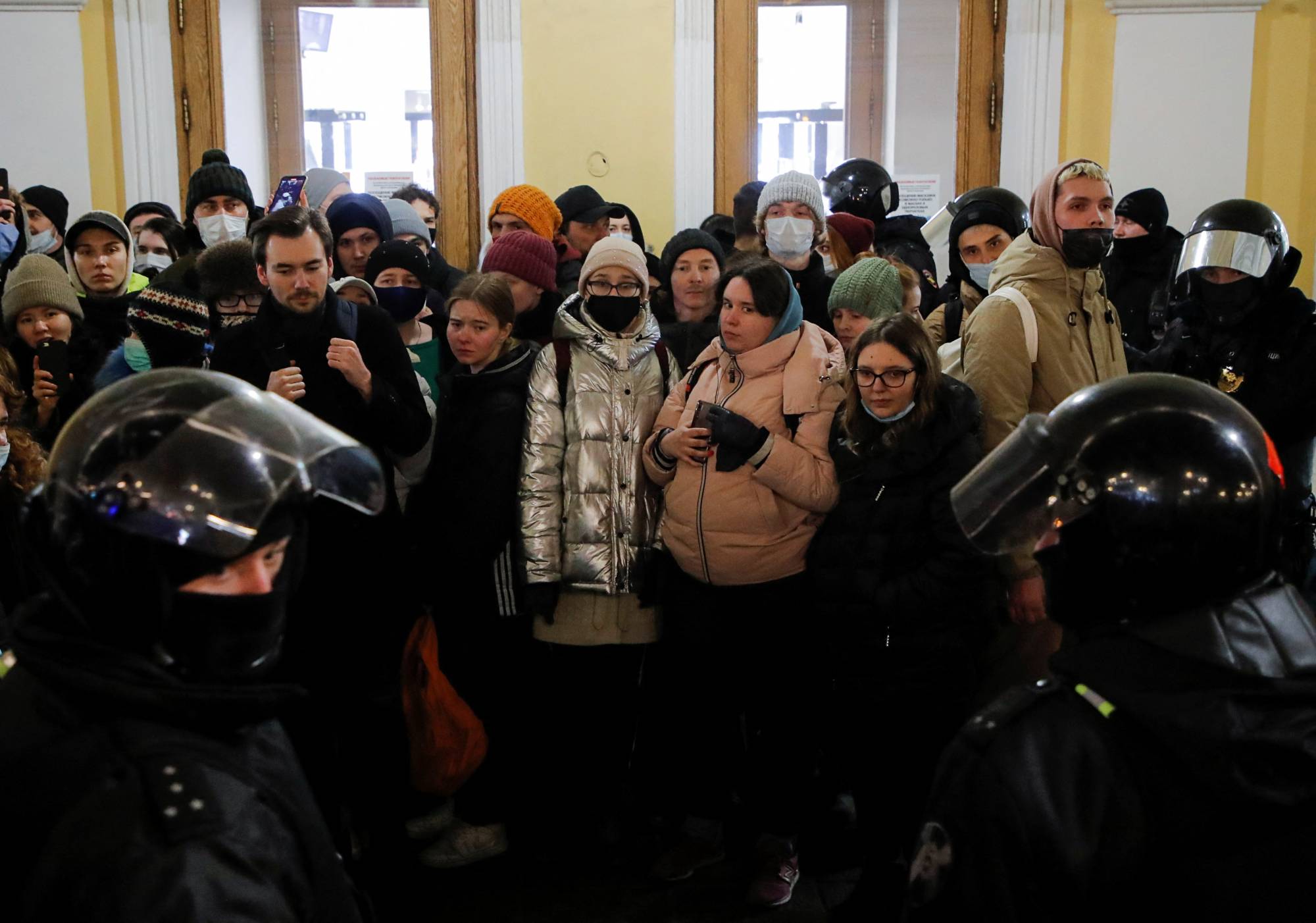Long before Vladimir Putin's invasion of Ukraine and the mass detentions of Russian peace protesters, the Kremlin was already stifling dissent — with choking bureaucracy.
Throughout 2021, the Kremlin tightened the screws on its opponents — including supporters of jailed opposition leader Alexei Navalny — using a combination of arrests, internet censorship and blacklists. The crackdown accelerated after Russia invaded Ukraine. Now a Reuters data analysis and interviews with dozens of people chart these tactics' success in eroding civil freedoms.
A widely used weapon in the Kremlin's armory is the state's register of so-called foreign agents. People whose names appear on this official list are closely monitored by the authorities. Among them is Galina Arapova, a lawyer who heads the nonprofit Mass Media Defence Centre, which advocates for freedom of expression and is based in Voronezh, western Russia.



